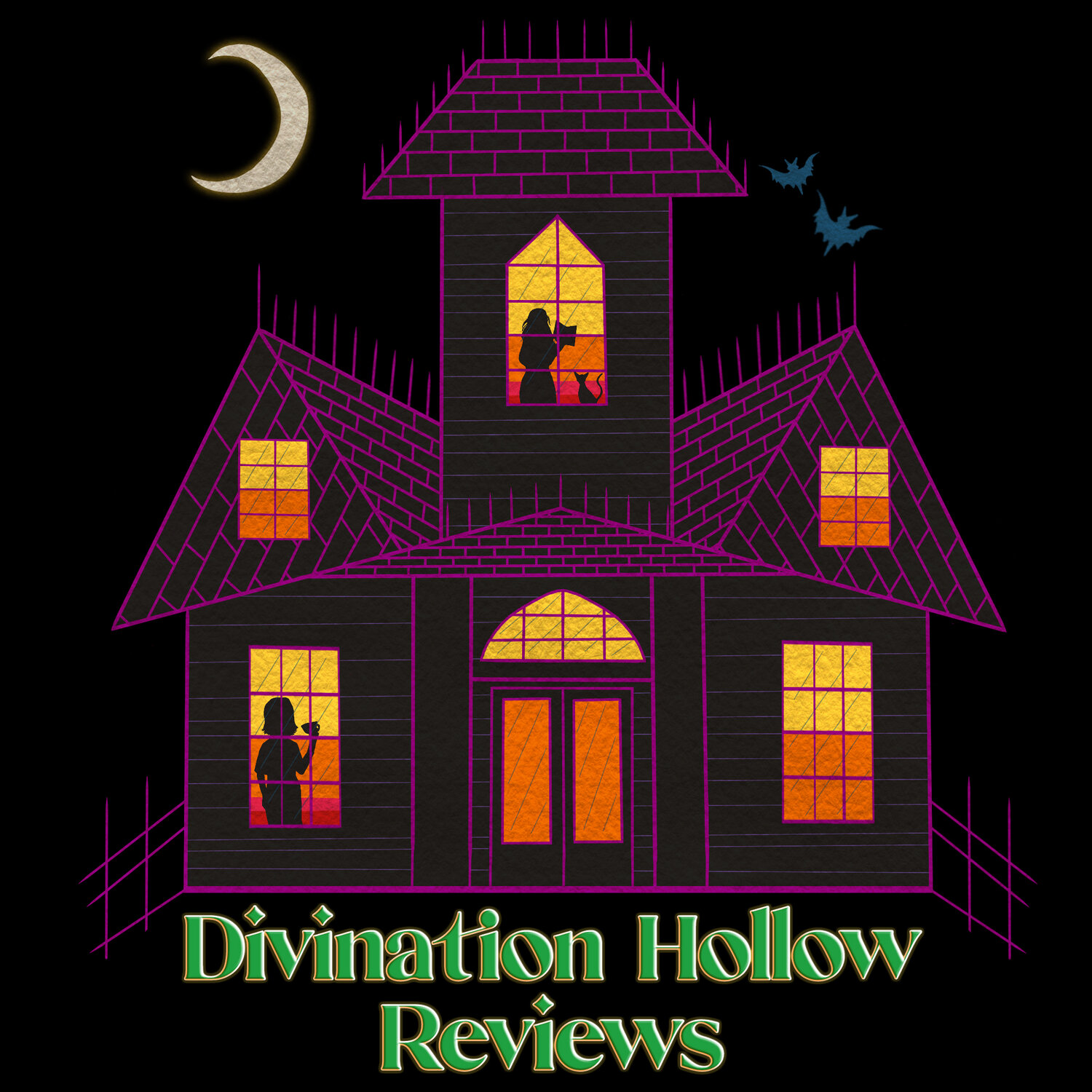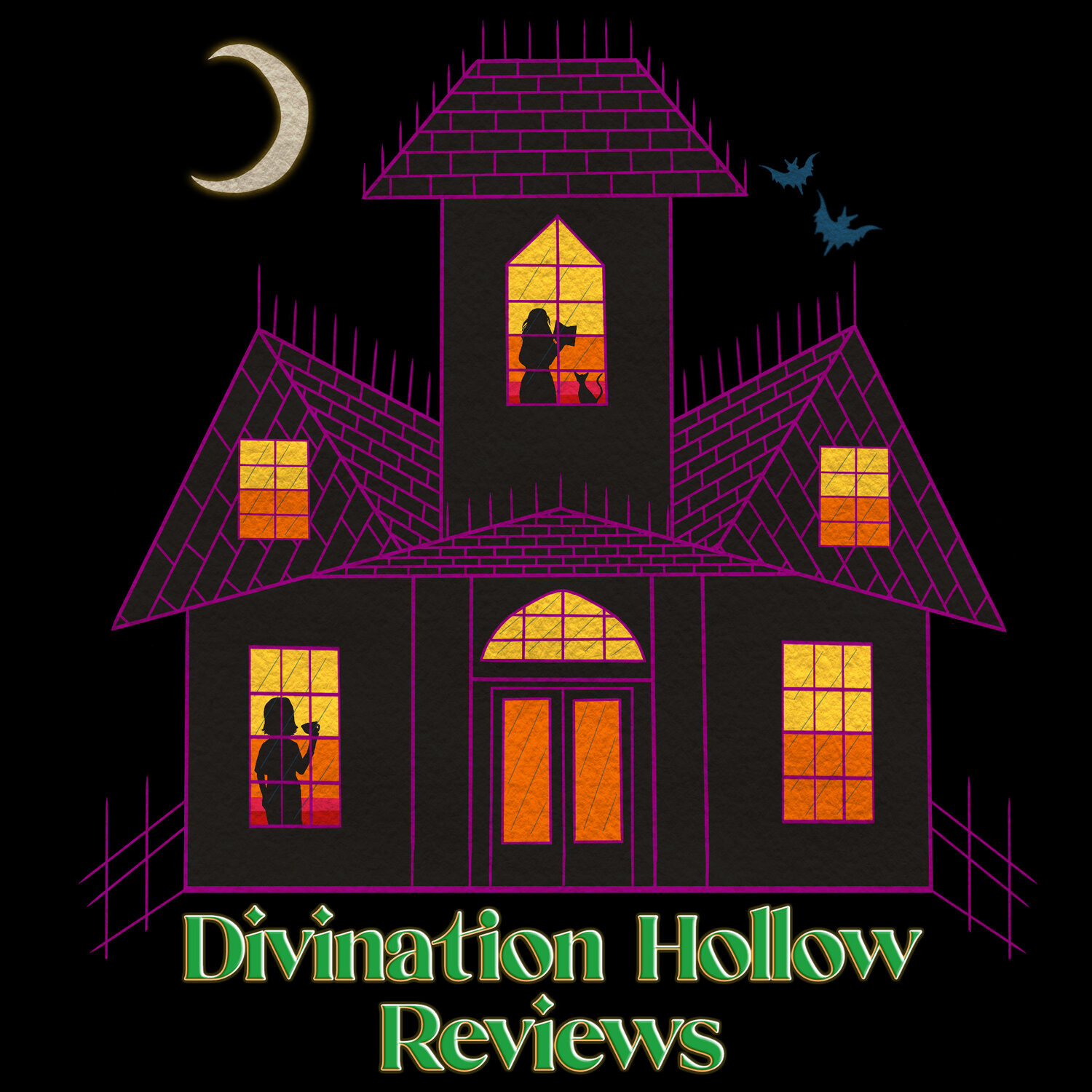THE EXISTENCE AND DISTANCE OF GRIEF, an Essay by Octavia Cade
I can’t explain it. I’ve never been to the Great Barrier Reef. I’m not even Australian. It’s not as though coral doesn’t exist in New Zealand. It does. The black coral found in Fiordland is particularly interesting, not the least of which is because it is actually white. Really, if I wanted to see white coral I could just stay home. It would be less sad. The thought of the Great Barrier Reef, bleaching because of climate change, is depressing to any thoughtful person. So why, with so little personal experience of that Reef, am I so affected by it?
I don’t know.
I do know that most people have something in nature that they love. A plant, a place, an animal. Somewhere that is stamped on them with home. For me, home is red tussocks and mountains, understandable because even if I’ve not lived in the middle of them they’re part of the landscape of my country and I’ve spent time enough around both to have these things imprinted on me. And somehow, inexplicably, the Reef has managed to slide in there as well.
I wonder if it’s symbolic. An ecosystem visible from space, one that should be characterised by an enormous diversity of life, and we’re killing it as if it means nothing. As if it’s less important than an easy life, one where we don’t have to think about what we’re doing. And that’s a tension that interests me, and it’s the fundamental theme of my upcoming novella, The Impossible Resurrection of Grief. Can you watch something die and let it die? What if it’s something you love. Can you watch it then? Yes, you probably can. So what effect is that going to have on you, after it dies?
If the Great Barrier Reef dies in my lifetime, I don’t know how I’ll feel. Sickened, probably, and I can’t imagine anything else past sickness. That’s where the idea of ecological grief came in – something consequential, something derived from that place or that species that people love, and something to fill the gap when it’s gone. A pandemic of a different kind; one that spreads through communities, unbearable sorrow caused by loss. Some people, of course, more susceptible than others. And that’s a question in itself: what makes a person vulnerable to Grief? What makes them immune? And what, once Grief takes hold of them, can they possibly become?
It’s been a fascinating thought experiment to work through. I think the book’s an interesting one. It’s got something to say, but mostly what it has to say is uncertainty and dislocation. I tried to make it unsettling, both in topic and tone. Disjointed. Lacking in answers, and with room for disagreement.
I’m on Twitter at @OJCade. I’d love to know what you think of it.




